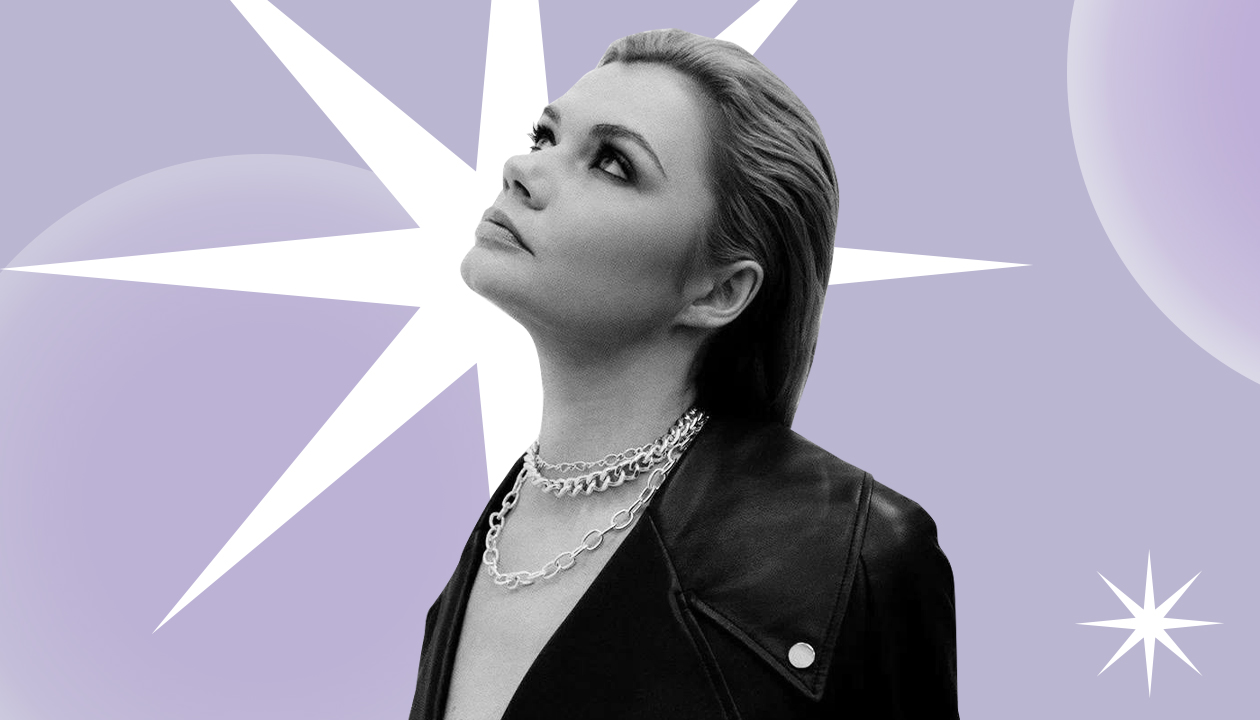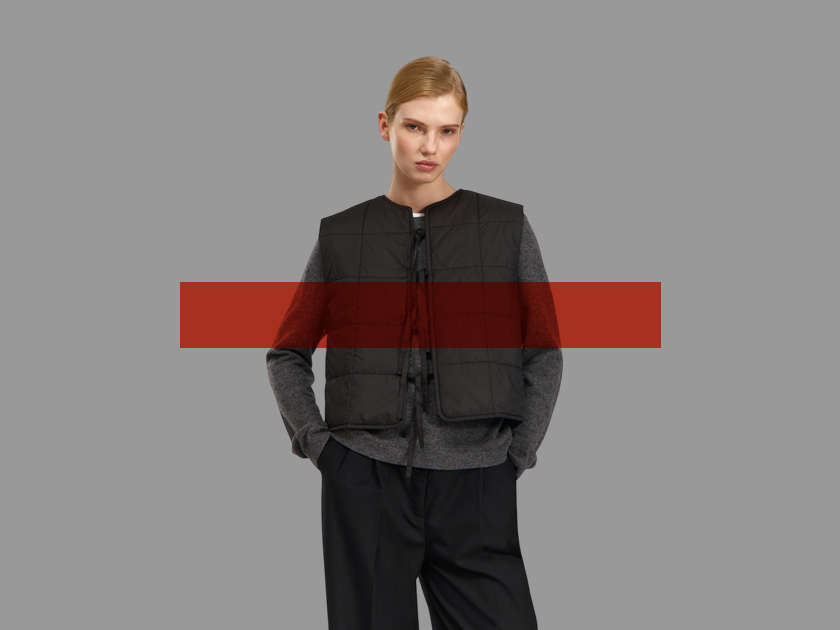Every month, The Fashion Vibes columnist, author, author of eight best-selling popular psychology books, creator of Mindspa app (one of the top 5 mental health apps) Nika Nabokova analyzes issues that affect any of us.
We all need support, especially now. Here you will find answers to questions about yourself, as well as questions about love, life, people, relationships, fears, courage, challenges and happiness.
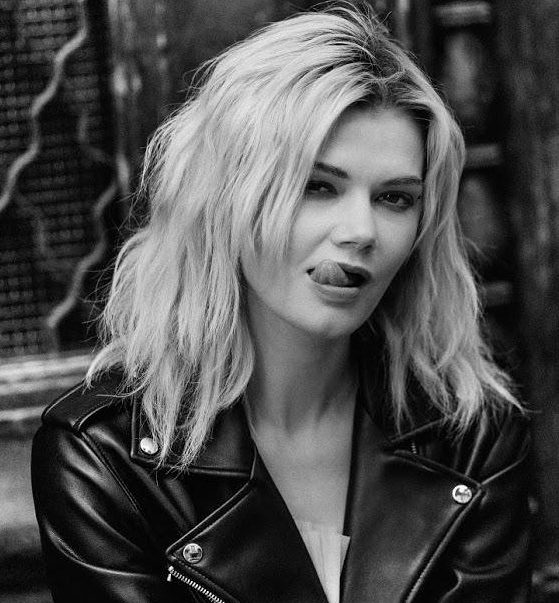
Nika Nabokova, The Fashion Vibes columnist, author, and a psychological service manager
Have you heard of the term “inner child”? But do you know how important this part of personality is? As practice shows, most people do not think at all about the state of the inner child, in vain. I didn’t think about it until the phrases “vulnerable baby”, “angry kid” popped up over and over in my personal therapy. At first I was a bit skeptical of these conversations, but as my situation improved, previously incomprehensible moments in my own behavior and reactions became clear and logical, and my confidence grew. And now, based on the results of many years of personal therapy and my own professional experience, I can honestly say that the lion’s share of positive changes come through careful, correct interaction with the child inside and a balance between everything. parts of the personality.
Let’s get to know the theory a bit to make it clearer what’s at stake
Inner child:
the part of our personality where children’s beliefs and ideas about ourselves, people, and the world are gathered;
a piggy bank of childhood memories, discoveries and interests, opportunities and a “Wish List”;
source of intuition, curiosity, creativity and creativity, feelings and emotions.
Charm, spontaneity, the ability to enjoy and feel life, interests, desires, spontaneity, lightness, creativity, inspiration, curiosity, intuition, the ability to be happy – all this provides exactly childish side of personality. Unless of course all is well with him…
What could be wrong?
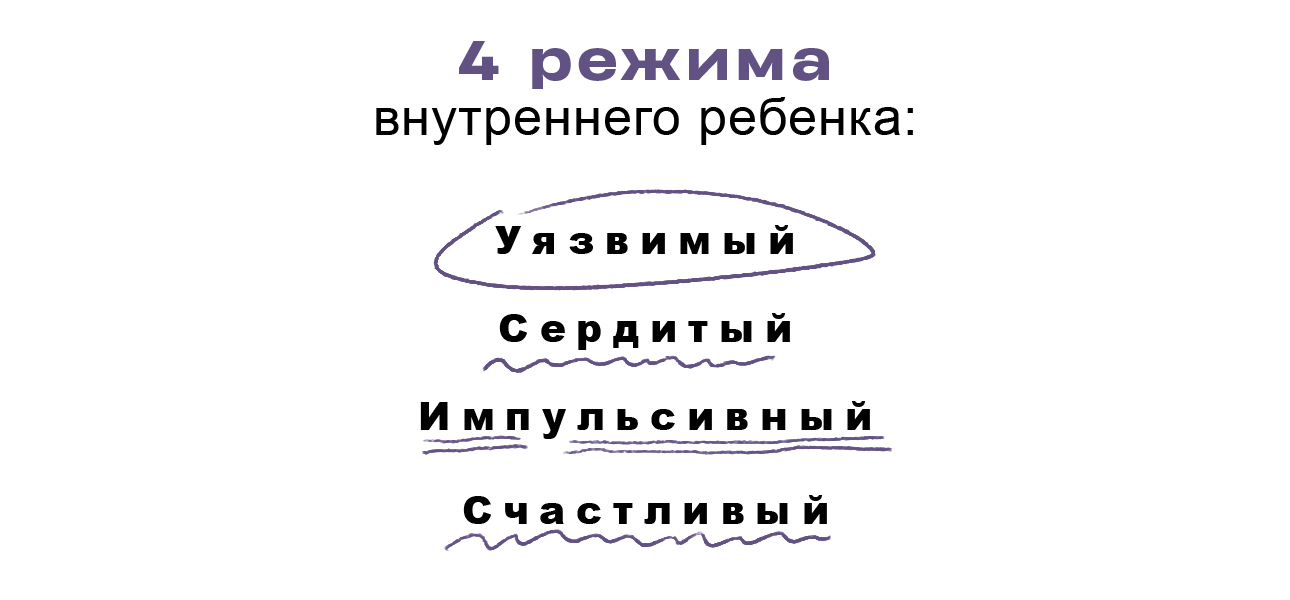
In the “healthy” version, each of these modes appears from time to time, depending on the situation, but the happy boy dominates.
If a person has unresolved problems, then a happy child sits somewhere in a corner and is rarely shown to the world, and some or some of the remaining three pieces begin to dominate.
In my case, it was vulnerable and angry dominant.
How did it manifest
I have often (in some periods of my life – constantly) felt helpless, useless, indecisive. The world looked hostile, tormented by intense anxiety and limiting fears. I had a tendency to be dramatic, to pull myself together.
Any struggle for life, some kind of problem has turned into a “horror”, “nightmare”, “how to deal with it”.
I became dependent on people because I tried to find some kind of support, solace in them. And there was always the feeling that someone was crying inside.
These are all messages from a vulnerable child. The one who was once unloved, badly injured, left unattended at crucial moments, asked for a bit of help.
The angry boy (my therapist and I call him the angry protector) acted (in his view) when my security was breached.
It manifested itself in the form of sarcasm, intolerance, sabotage, distrust, vigilance, impotence, burning anger. My “defender” was so reactive, he rushed to deal with the “criminals” without realizing it. This is quite common in people with childhood trauma.
The impulsive baby in my case was almost nonexistent. However, he becomes dominant. People with such a prejudice can be characterized by a tendency to whims, selfishness, hasty behavior. They are often referred to as “without a king on their head”.
Why does it often happen that some part of the personality or even a certain mode dominates and literally controls a person’s life?
The explanation is simple: what hurts, then goes out.
Fortunately, any pain can be relieved. And any mentally healthy person has power over his inner world. It’s just that not everyone wants to admit it.
Of course, the entire therapeutic journey to get in touch with and heal your inner child cannot be told in a single column. A whole book will not suffice here.
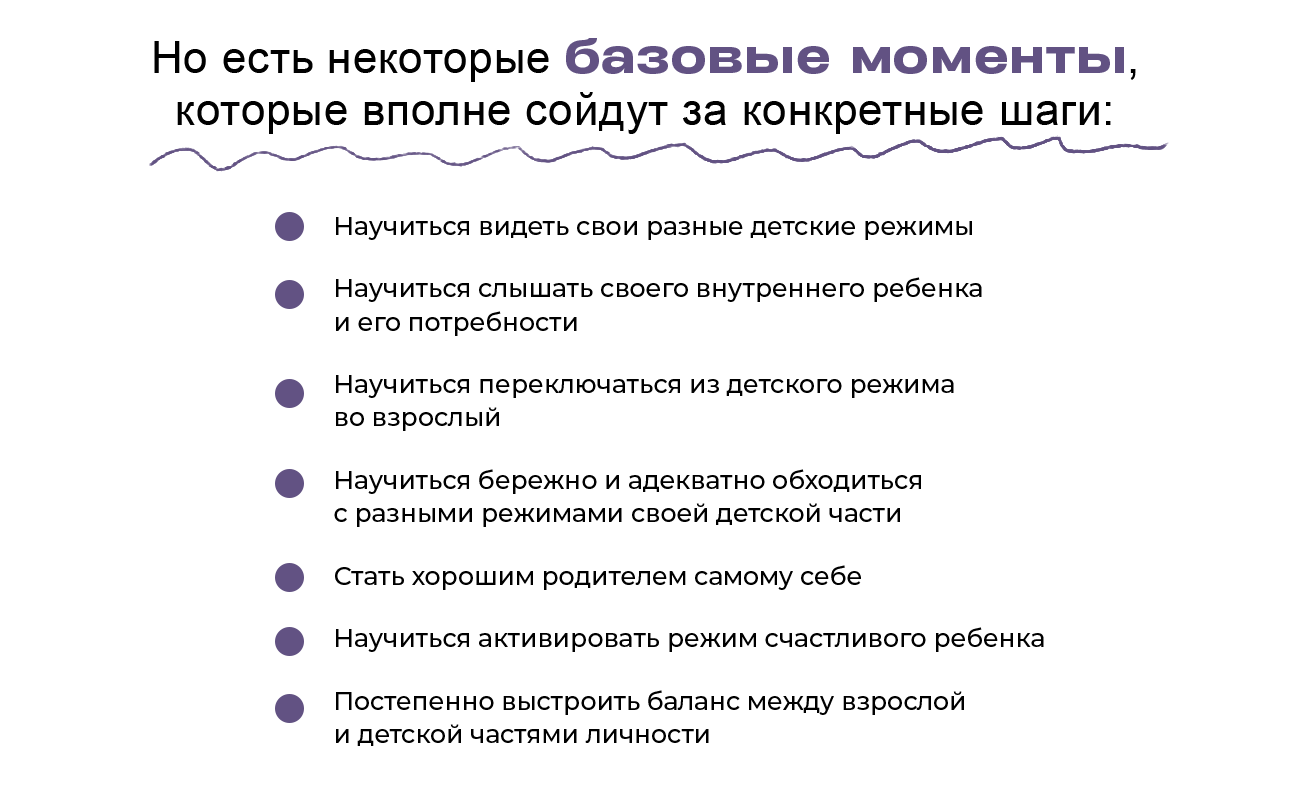
What does it give?
Strength and energy, inner support, a sense of “I have myself”, adequate responses, improved relationships in all areas of life, reduced anxiety, freedom from fears, ability to support oneself, joy and happiness.
And happiness, friends, is fine. I recommend him wholeheartedly to everyone. Where can you work with your inner child? Ideally in therapy. But if that’s not the case, here is our wonderful, kind, gentle, effective Inner Child course.
Then he goes.
Source: People Talk
Errol Villanueva is an author and lifestyle journalist who writes for The Fashion Vibes. With a passion for exploring the latest trends in fashion, food, travel, and wellness, Errol’s articles are a must-read for anyone interested in living a stylish and fulfilling life.

